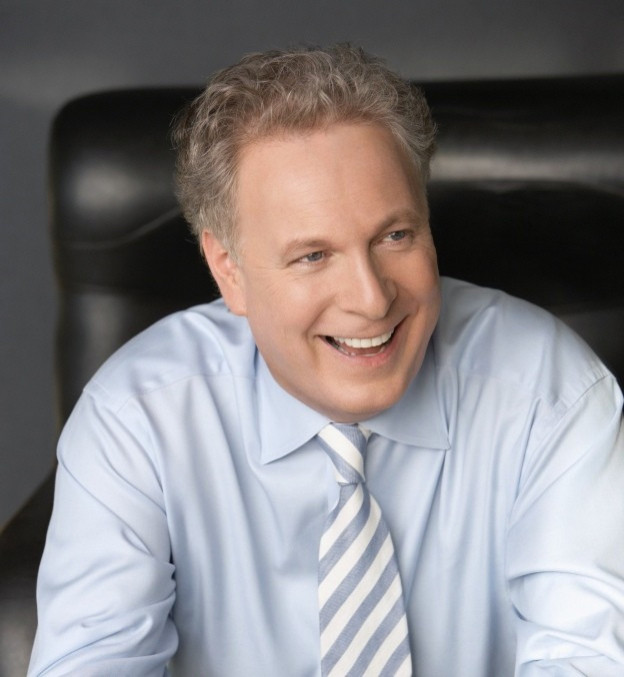Quebec Election Next Week Re-ignites Separatist Controversy
Provincial vote on Tuesday may give separatists another shot at leaving Canada

The specter of Quebec leaving Canada is looming again as the province goes to the polls Sept. 4, pitting a federalist premier against an aggressive separatist bloc.
The intense political atmosphere in the province shares similarities with its emotional Gallic and British origins with parties dividing and evolving with shifting allegiances and causes.
For example, Liberal Premier Jean Charest was once a federal Conservative Cabinet minister. After switching parties and returning to provincial politics, he was first elected as premier in 2003, defeating the center-left separatist Parti Quebecois (PQ).
Now in his third term, Charest is facing stiff opposition not only from the PQ led by Pauline Marois, but also from the new center-right Coalition Avenir Quebec (CAQ), or Coalition for Quebec's Future, party.
CAQ leader Francois Legault has been vague on separation from Canada, but emphatic about the fiscally-conservative goal of reducing the provincial civil service by at least 7,000 jobs. While saying little about Quebec sovereignty, Legault is a former Parti Quebecois cabinet minister.
The separatist PQ leader Marois has conducted a scatter-shot and aggressive campaign, with unrelenting attacks aimed at federalism. Several televised political campaign debates in past weeks, predominantly in French, were heated and saw Marois focusing on Charest's Liberals.
Various polls in the days ahead of the vote showed the Liberals in third place behind the Parti Quebecois and the CAQ. A fourth party, the leftist and separatist Quebec Solidaire, had negligible support.
One of the issues the opposition is dogging the Liberals about is alleged government contract corruption in the construction industry. The province, and the city of Montreal in particular, has seen numerous incidents in recent years of concrete failure in highway overpasses, bridges and buildings later determined to be caused by shoddy construction.
However, the province long deemed by many Canadian law enforcement agencies and the national weekly news magazine Macleans to be the national hub of the Mafia, biker gangs and other ethnic organized crime groups, has corruption allegations that pre-date Charest's Liberals by decades and include the four terms during which the Parti Quebecois was governing.
In a telephone interview with Quebec's minister of labor, Lise Theriault said the Liberal government has passed 12 laws in the past four years to address corruption.
She said some of the problems involving corrupt political campaign contributions date back to 1976 when former Parti Quebecois Premier Rene Levesque was in power.
One of the changes the Liberals enacted was that anyone found guilty of making political contributions under a false name loses the right to vote in local and provincial elections for five years.
Theriault said the provincial Liberals have also made changes that affect construction unions that have met with praise from New York's mayor.
"Mayor Michael Bloomberg said that in Quebec City, we have a lot of things to fight corruption and we are now an example," she said. "It's easy ... for the Parti Quebecois to say 'you are corrupt,' but we took actions and changed the rules."
The minister also suggested the PQ was playing the French-language media.
"When people say 100 times 'you are corrupt,' then people think we are corrupt," she said.
Meanwhile, in a telephone interview, Parti Quebecois spokeswoman Shirley Bishop said this week almost the same thing about corruption.
"For the four mandates that we (were) in power, what the government did was adopt laws for less corruption," Bishop said. "The problem we had here for the last nine years was really with the Liberal party."
Another major headache for the Liberals that developed earlier this year was the issue of raising university and community college tuitions.
The cost to attend a Quebec university now is $2,519 per year, vastly cheaper than any other Canadian province. [The Canadian dollar is generally at par with its U.S. counterpart.]
Charest's government announced it was raising the tuition by $300 each year for the next five years. After that, Quebec will still have the lowest post-secondary tuition fees of any of the 10 provinces even if the others didn't raise fees.
The hike sparked riots in Montreal and other cities as tens of thousands of people, many of them masked, torched cars, smashed windows and clashed with police.
More outrage ensued when the Liberals passed a bill restricting protests, which has been decried as an assault on civil liberties.
One concession the Liberals made after weeks of unrest was to protract the increases over seven years instead of five. Regardless, protests have continued since on a near-daily basis on a smaller scale.
Freelance journalist Martin Stone, who has lived in Montreal and covered Quebec politics for more than 30 years, said he senses there's change in the political breeze.
"Many Quebecers feel that were the government to clean house, eradicate corruption and better manage the public funds, there would be ample money for education, healthcare, infrastructure and other on-going issues," he said. "If the Liberal Party has one thing in its favor at present, it's that it declared separation a non-issue and that alone has helped to prop up Quebec's economy."
© Copyright IBTimes 2024. All rights reserved.




















